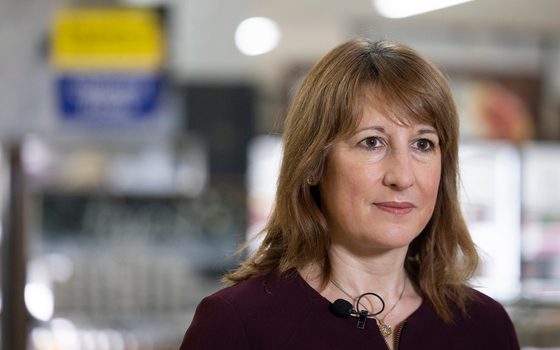Get rich or die trying: the case for a new politics of time
Is free time a better measure of economic success than GDP?
15 October 2018
Time and tide wait for no one. We all know we only have a finite time on this planet – and yet we have built a system of work as if that very basic fact does not matter. It’s a wilful ignorance that has informed politicians and economists for years – at least until now. Earlier this month the Green Party announced it would make free time a key measure of UK wellbeing – replacing GDP as a barometer of economic progress. Could such an approach change how we understand the economy?
Measuring the economy
The way we measure our economy is not neutral or objective. It is underpinned by ideological assumptions and has major social and political repercussions. Gross Domestic Product is a monetary measure of the market value of all goods and services produced in the economy. It might be very good at measuring that. But it is a very simplistic way of measuring something as complex as the economy. And it tells us nothing about how we experience the economy.
There are many well-known issues with GDP. For one thing, it measures economic activity, but tells us nothing about the source (and thus societal value) of that activity– for example whether it comes from fracking or investment in green energy technologies. Arms sales and oil spills are great for GDP, but damaging to society and the environment.
The inventor of GDP, Simon Kuznets, had the same concerns: “Distinctions must be kept in mind between quantity and quality of growth, between its costs and return, and between the short and the long term. Goals for more growth should specify more growth of what and for what.”
What should we be measuring?
To begin with, there should be no single, headline measurement for the economy. We need many separate measurements to capture the diversity of the socio-economic activity that underpins it.
NEF have long made the case that we need to measure the economy differently. For example our Happy Planet Index uses a combined measurement of wellbeing, life expectancy, inequality and ecological footprint to show how efficiently residents of different countries are using environmental resources to lead long, happy lives.
These arguments have begun to have some effect. Last week the Office for National Statistics – the recognised national statistical institute of the UK – began to measure the economy beyond the traditional headline measure of GDP to provide broader measures of our economy and society. It will now measure things like unpaid work – thus making visible the £1.24 trillion pounds worth of unpaid work done a year, mainly by women.
Time as a measurement of economic success
Broadening our methods for measuring the economy allows us to ask: what is the economy for? The Green party have stuck their neck out and made a claim that the purpose of the economy should be for generating more free time. They have called for GDP to be replaced as a measure of national wellbeing with a Free Time Index showing how much free time people have to enjoy, arguing that leisure can contribute more to overall happiness than wealth.
In the first half of the 20th century, it was broadly assumed that part of the function of the economy was to provide us with more free time.
This is part of a recent revival of the politics of time. In the first half of the 20th century, it was broadly assumed that part of the function of the economy was to provide us with more free time. In 1930 John Maynard Keynes famously predicted that technological change and productivity improvements would eventually lead to a 15-hour workweek. Back then time outside of work was intuitively felt to be a good thing in of itself – but now we can also see that the shorter working week carries with it significant social, economic, and environmental benefits as well.

This graph shows the steady and relentless rise of GDP over the past 30 years. It is charted against the average weekly working hours for full-time workers in the UK. We can see that there is little relationship between GDP and hours worked. In fact, in recent years working hours have sharply increased, despite the steady growth of GDP.
By applying the logic of the Free Time Index here, we see that instead of creating an economic system that provides us with more free time, we have instead created an economic system that systematically robs us of the time we have. In this sense, our economy is tragically failing us.
If we prioritised free time as a society, we could orient our economy and society in a direction that turns productivity gains into time off work – as the Communication Workers Union have done recently, winning a 35-hour week (down from 39) for the 120,000 postal workers they represent.
In 1968, Robert Kennedy famously said that GDP “measures everything in short, except that which makes life worthwhile”. Maybe – finally – it’s time to measure only that which makes it worthwhile.
Topics Macroeconomics






